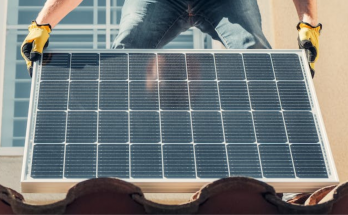A photography session for an old carpet? Or two piglets for a kayak? In Fiji, Samoa, Tonga, and Vanuatu, people are attempting barters to combat the precarious economic conditions induced by the Covid19 lockdown.
The Pacific island nations have not been hit extremely hard by the coronavirus pandemic. Yet, the lockdown has led to severe economic difficulties, as the tourism industry makes up a significant part of these nations’ income. According to the International Monetary Fund, Pacific Island Countries will see a 2.7% decline in growth, and a 40% decline in tourism, which makes up around 34% of the country’s GDP. Though some governments, like Fiji, have offered a stimulus fund, families are still struggling.
Because to this, citizens of these island nations came up with their own unique and popular solution: bartering goods and services. For example, In Fiji, a page called “Barter for Better Fiji” currently has over 120,000 members in a country around 900,000 individuals.
What’s also interesting about the resurgence of the barter system in the Pacific Islands, is its history as an indigenous practice. In Fiji, a practice named veisa, would involve the trade of a coveted item between people who lived far from each other. So, the people from the coast would trade their salt for the wild pigs that the people from the highland would bring.



